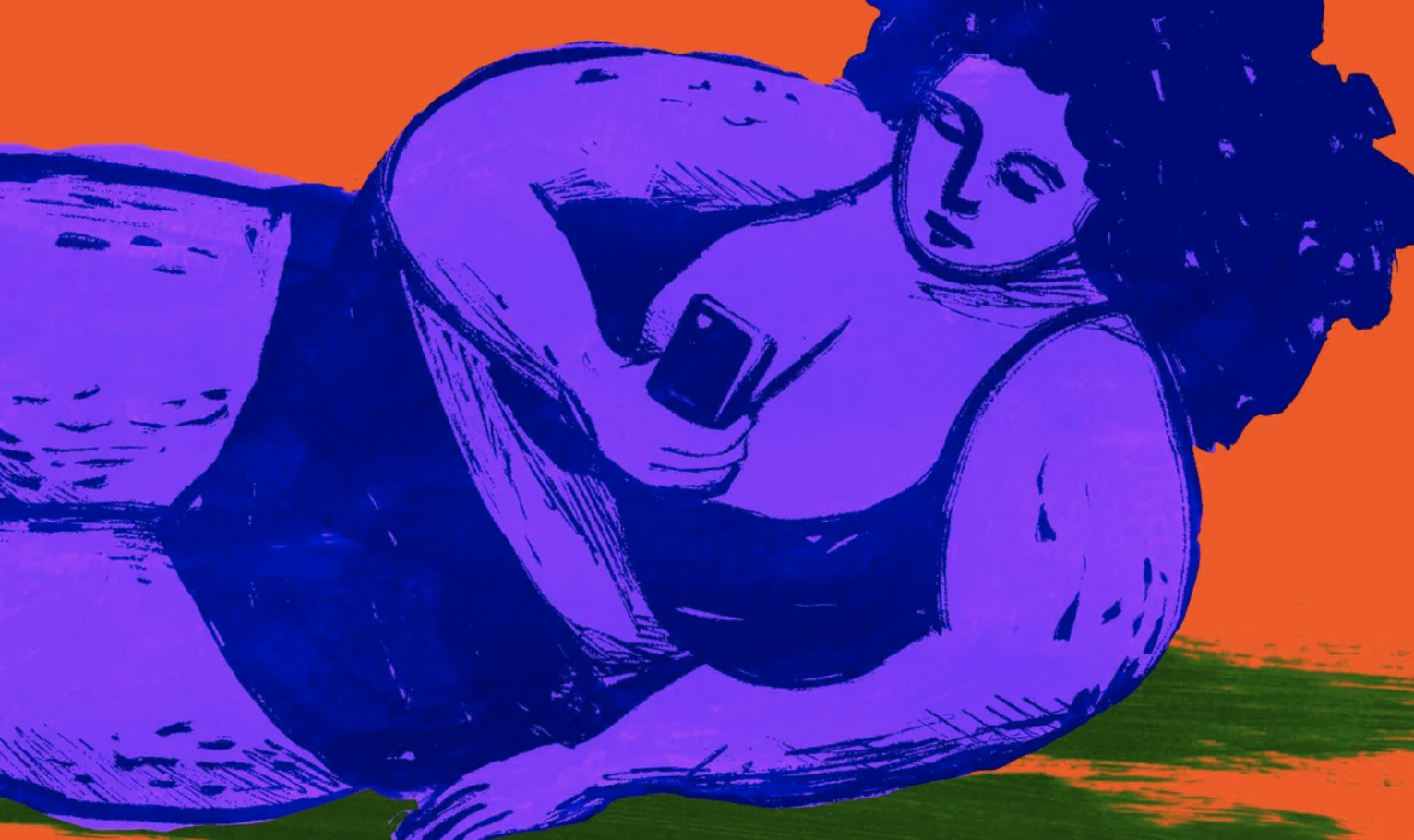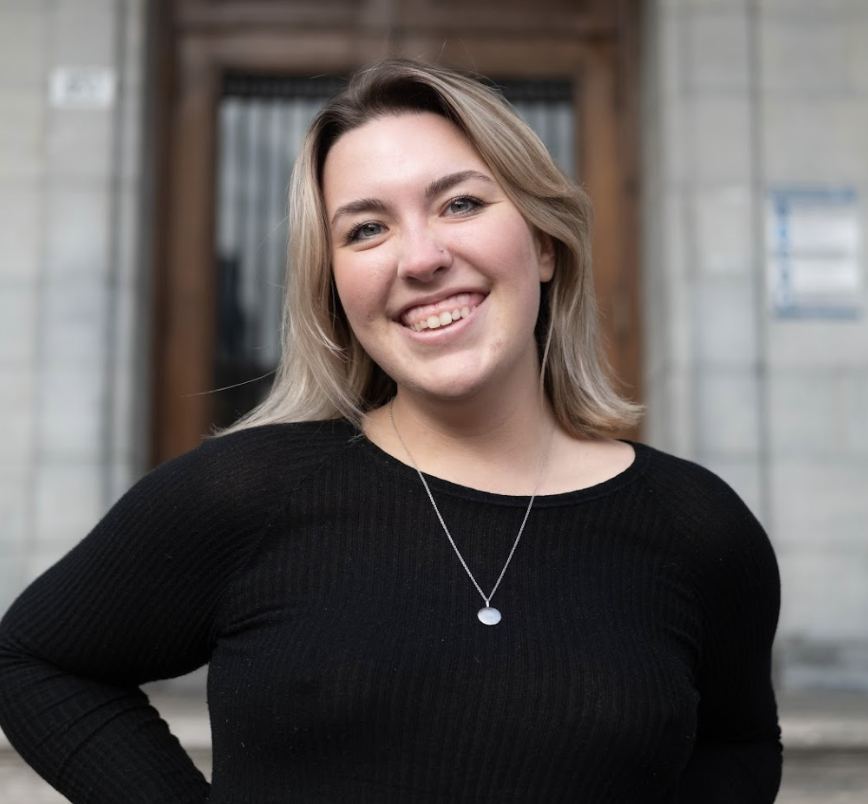Content warning: This article discusses disordered eating
I first started to think about my weight when I was in elementary school. I distinctly remember feeling as though I had to lose weight to make friends or to capture the attention of my crushes. But it was not until early high school when it started to take a larger toll on my life. In ninth grade, my mom would send me to school with $20 a week to buy food at the cafeteria. Rather than eating, I would pocket the money and tell my friends it was simply a way to save some extra cash. In reality, this was the first time I was consciously engaging in disordered eating, skipping meals in the hopes of becoming thinner. These patterns have continued on and off for most of my life thus far.
As I grew up, I began to notice how common it was amongst my––more often than not, woman-identifying––peers to count calories, develop unhealthy relationships with exercise, and pick apart their appearances. Often, this was under the guise of merely caring about our health. This belief is likely genuine for many. After all, people are taught from a young age that fatness correlates directly to being unhealthy and that weight gain drives them to an early grave. But in reality, these claims have their roots in racism and arbitrary metrics. And for many who struggle with body image, the fear of weighing more is based in internalized fatphobia more than anything else––even if that fear is unconscious.
Though I never fully escaped my recurring patterns of disordered eating, I realized a few years ago that I needed to improve my body image––something would have to change if I wanted to regain control over my life. As I started to work to unlearn some of what I had been taught to believe about weight, I set off on a mission toward self-love and body positivity.
I quickly noticed, however, that this focus had its issues as well. I found that I was angry at myself whenever I had a bad day; if I looked in the mirror and didn’t love what I saw. In some backward way, I was still placing far too much emphasis on my relationship with the way I looked—rather than the way I felt and why.
Beyond my own personal struggles with body positivity, fat activists and disability rights activists have long been questioning whether the mainstream approach to body image is productive. For one, the mainstream body positivity movement tends to be dominated by thin, white, non-disabled women. While it is undoubtedly important for everyone to accept themselves as they are, many activists feel as though the fat acceptance movement––which aims to tangibly improve plus-sized people’s experiences—has been watered down by an over-emphasis on physical appearance. Additionally, when body positivity focusses too much on one’s body’s ability to function “properly,” it risks excluding disabled people—especially those who experience issues with body image.
For those like myself, who inhabit bodies that are not large enough to experience struggles like excessive stigma and poor experiences with health care professionals, it is essential for all to confront internalized fatphobia, fight for those whose voices are underrepresented in the movement, and work to unlearn patterns of disordered eating. Overall, it is important to recognize the powerful origins of the fat acceptance and liberation movement and use them to contextualize current societal attitudes toward weight.










